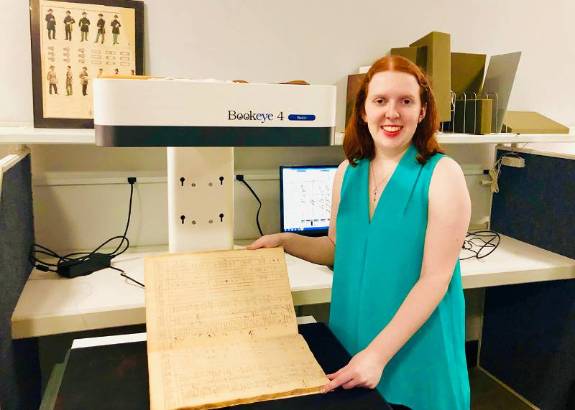History Major & Minor
“History teaches everything, including the future” — Alphonse de Lamartine
Discover your future with the Washington College history department.
Our faculty is passionate about history. The professors are mentors who enjoy collaborating with their students. For her latest book, Dr. Carol Wilson asked one of her students to compile the index.
Students also do their own independent research. All students must complete a senior capstone, and there are fellowships and internships sponsored by the Starr Center for the Study of the American Experience, as well as opportunities to submit work to competitions sponsored by the Phi Alpha Theta honor society.
History comes alive here on Fridays in the spring and fall, when students and faculty play town ball on the campus green. The college, one of the oldest in the nation, and Chestertown, with its charming buildings and rich history, are valuable resources to anyone interested in American history.
Understanding the past is key to understanding the future. What does your future hold?
Opportunities for History Majors
Internships
History majors have opportunities for internships with the various Smithsonian museums, Kent County Historical Society, the Maryland Department of Archives and History, the Maryland General Assembly, the Office of the Governor of Maryland, and the Hansard Society for Parliamentary Government in London, and others. Fellowships also are available to fund research and internships.
Secondary Education
History majors are eligible to prepare for secondary school teaching certification either in history or social studies. To ensure proper scheduling of courses, interested students should consult with the chairs of the History and Education Departments as early in their college careers as possible.
Regional & Area Studies Minors
Students who major in history may wish to pursue a regional & area studies minor. Current regions of study include Asian Studies, Chesapeake Regional Studies, European Studies, Latin American Studies, and Medieval and Early Modern Studies. More information about the requirements for these concentrations can be found in the International Studies Program section in this catalog.



